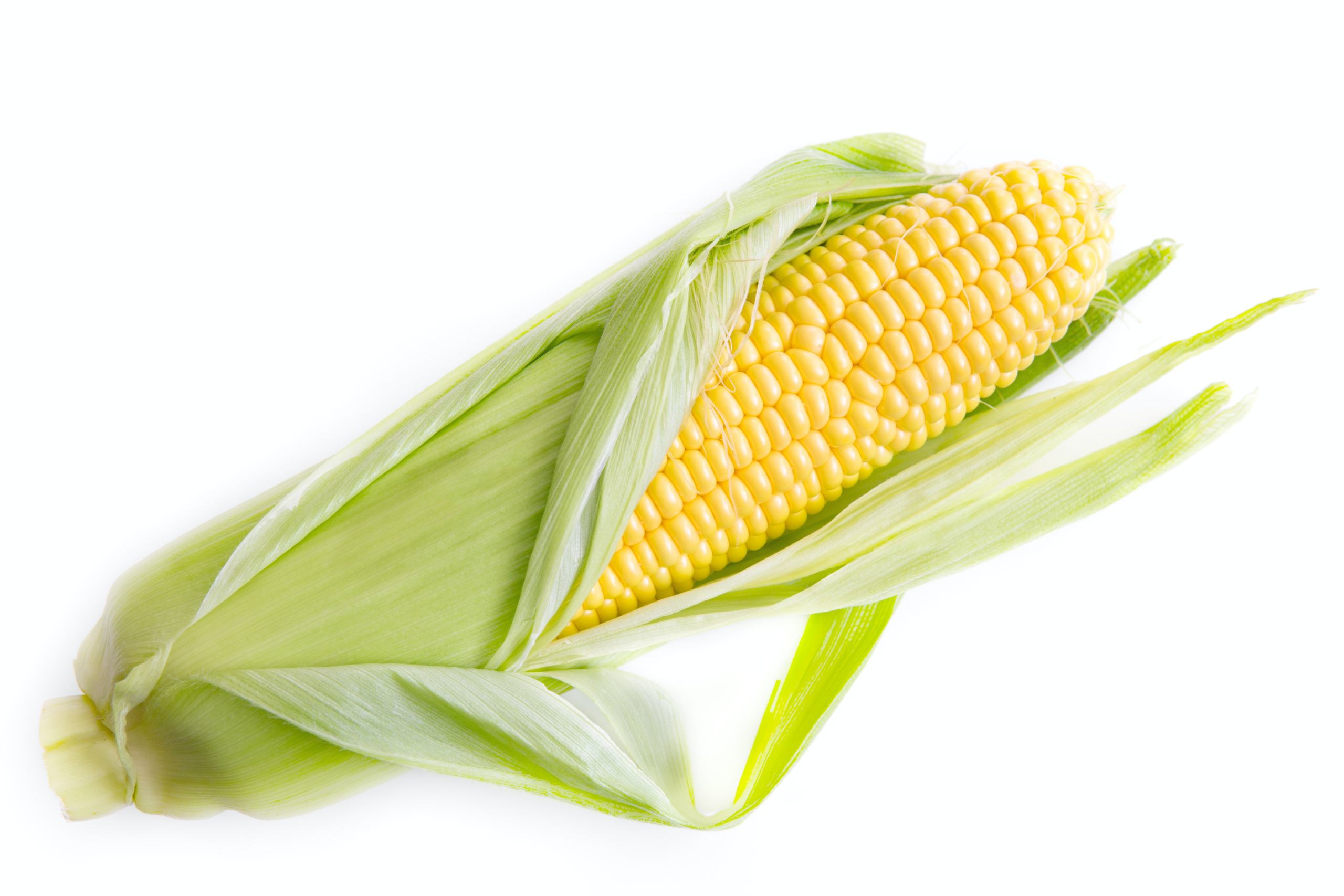Is Fructose Healthy?
Fructose is a type of monosaccharide, simple sugar. It is also known as levulose or D-fructose. It can be beneficial when it is naturally found in fruits and fiber-rich foods. However, it is commonly used in a more harmful way when it is added to foods as a sweetener. When this happens, it is often looked at as a troublemaker among sugar types. Instead of giving the body energy, it turns into fat that is hard to get rid of. Think about that one child who used to sit in the back of the classroom and proceeded to disrupt things. This best describes the role of fructose among sugars.
Fructose is a sweetener that occurs naturally in many fruits and vegetable. The trouble begins when it is combined to make high fructose corn syrup, also known as corn sugar. Corn sugar is made up of glucose and fructose, both simple sugars that are combined at almost a 50:50 ratio. Crystalline fructose is produced from corn starch or sucrose and only contains fructose. This form of fructose is often used in dry drink mixes and other sweetened, pre-packaged products.
Glucose is the main source of energy in the body. Unlike glucose, fructose must first be metabolized by the liver to be used by the body. Why is fructose a problem? It comes from genetically modified GMO corn and becomes high fructose corn syrup HCFS. One main difference between high fructose corn syrup and sugar is that glucose and fructose molecules are bound together in sucrose but not in the high fructose.
Statistics
High Fructose Corn Syrup is often the cause of increasing the risk of insulin resistance and possibly leading up to diabetes, cardiovascular disease, cancer, arthritis, liver disease, and other health issues. When you ingest fructose that has been artificially manipulated, it’s even worse with the potential of fat cells accumulating around the heart, and digestion organs. But, mainly the liver struggles with excess fructose.
Foods to Avoid
Avoid soda, since it is usually sweetened with an abundance of high fructose corn syrup and other additives. Avoid condiments, especially ketchup. Don’t trust advertising claims on food labels that tout healthy foods. These are usually loaded with added sugar, even items like granola bars that you would assume to be healthy. Avoid diet products that are advertised as low fat or low calorie. These are usually jam-packed with high fructose corn syrup or crystalline fructose. Also, candy bars and other candy often use high fructose corn syrup in abundance.
Decreasing the amount of processed foods, you eat is a good idea when trying to limit fructose. Try to keep added sugars to no more than 25 grams a day.
Foods that Help
Even though fructose is naturally found in fruit, eating fruits is usually considered to be a healthy option. This is mainly because the fructose in fruit is naturally balanced with fiber, minerals, and vitamins. Whereas, even in canned fruit, high fructose corn syrup is often added to processed fruits. Juice your own fruit or veggies if you want juice, since commercially bought juice often adds high fructose corn syrup for sweetness. Substitute juice for water, herbal tea, or kombucha.
Eat fresh fruits and vegetables.
Digestion Effect
Fructose malabsorption or intolerance can cause digestion disturbances such as bloating, stomach pain, gas, or nausea. It can also increase uric acid levels which can raise blood pressure and trigger gout. Additionally, fructose could cause leptin resistance resulting in weight gain.
Stress Effect
Fructose malabsorption or intolerance can occur when the body cannot break down the sugar. This is brought on by several possible factors, including stress.
References:
https://www.ncbi.nlm.nih.gov/pmc/articles/PMC2684484/
https://www.ncbi.nlm.nih.gov/pmc/articles/PMC5174139/
https://www.ncbi.nlm.nih.gov/pubmed/16586532
https://www.ncbi.nlm.nih.gov/pubmed/24692138

